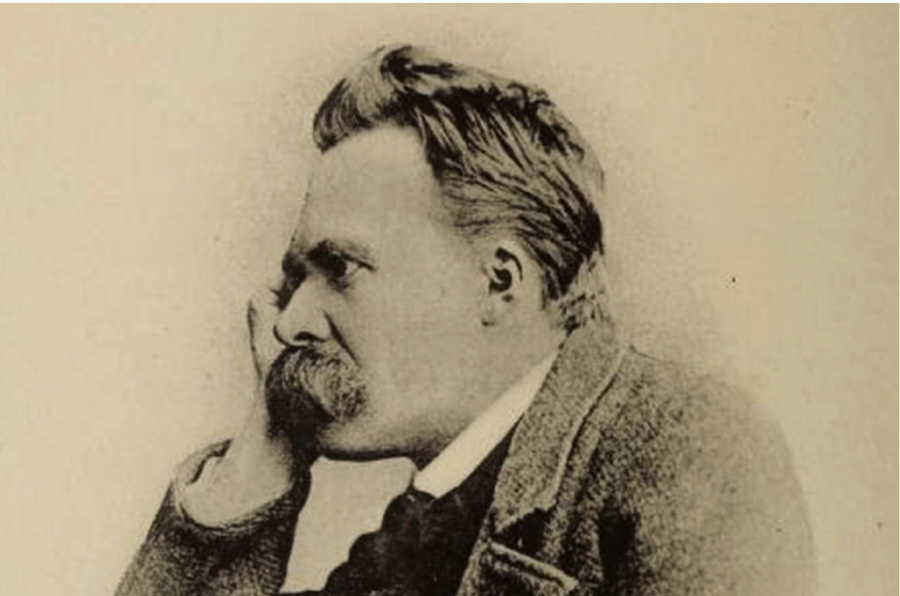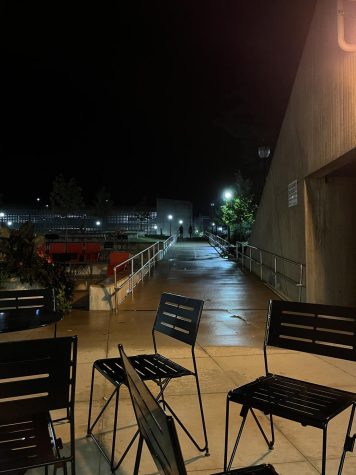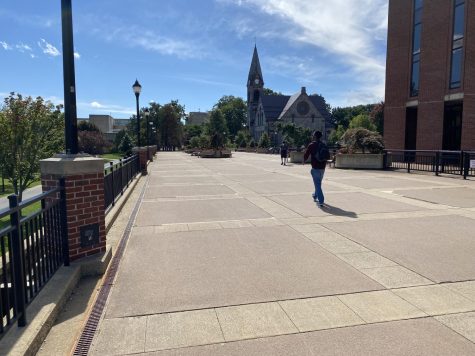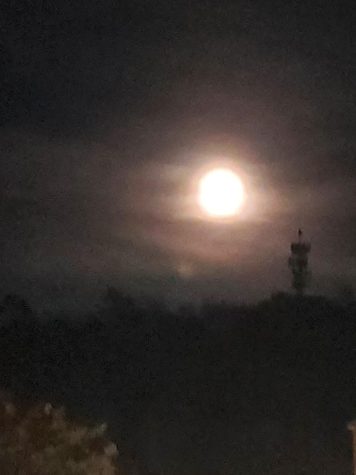Nietzsche and teenage angst
In Friedrich Nietzsche’s magnum opus, Thus Spoke Zarathustra, he says that our life takes place in three stages: the camel, the lion, and the child. The camel is the initial stage where one begins their quest that is life. The stage of the camel can be considered the most arduous one, where one will experience the most physical and mental stress, a time where we may want an easier path to fulfilling our existence.
Through the pains and labors of our life, we reach a point where we must metamorphose into a lion. If we do not turn into a lion, we have failed our journey to be the arbiter of our own destiny. The lion will face a difficult and defining obstacle of life — the dragon; the shackles of society. The lion must not bear the burden of societal norms and pressures and must not adhere to the constructs manufactured by a set of invisible weights and balances. He must overcome the dragon and create his own sense of oneness. But at the end of his life, he must become a child once more — the lion cannot fight dragons through the entirety of his life. Once he becomes a child and kindles a sense of triviality to diffuse the sense of seriousness, the stages of metamorphosis are complete.
The question is, how does this all relate to the progression of our lives and teenage angst? What can a serious philosophical work divulge about ‘teenagehood’ and mental health?
If you look at this metamorphosis Nietzsche describes closely, you’ll see he has a lot to offer. The fact is, we teenagers go through a lot, and at times, we aren’t truly understood. Our mind has so much to process and we have so much to do, but we’re not really adults, and all this pressure and expectations seems a bit much. This is the stage of the camel. Maintaining good grades, participating in extracurriculars to appear busy and productive, handling hormones, relationships, personal image, being responsible, etc. We ask ourselves, is it really worth it? What does this all culminate in? Even more work and responsibility?
Besides all the aforementioned aspects of teenagehood, there is a hidden struggle within. We question many things: our sexuality, identity, personal worth, etc. We have vices that tempt us on a daily basis — alcohol, drugs, and general entertainment among many other things. These difficult years seem like an endless, aimless walk in the desert, yet we must maintain our composure and resilience in the face of disorder and chaos.
‘He who has a why to live can bear almost any how.’ — Friedrich Nietzsche
To traverse this desert, we must find our why. If we find a reason to get up every morning, the moment we get out of bed we’re on an upwards trajectory. The fact is, when we have that incentive to push forward, a set of goals to meet, and responsibilities to fulfill, we can move beyond the people and things that hold us back and cause us pain. Granted, this is not a linear path. We will have moments of self-doubt, anxiety, and unwillingness. But when we know we’re a vital part of a system — finding that foundation; that line of constancy — we are able to push on.
It’s a fight, yes. Finding the meaning of our existence. I certainly have not found it. Maybe 18 years on this planet is not enough. I believe we only find happiness and stability through experience. Through our good and bad times, moments of happiness and sadness, our ups and downs — we see the line of constancy that will be our rock; our foundation throughout our lives.
After this rollercoaster ride, we may metamorphose into the lion, devoid of societal pressures. We can become our best selves, do what truly makes us happy and fulfilled, and chart our course.
Email Anay at [email protected]











